Welcome to WordPress. This is your first post. Edit or delete it, then start writing!
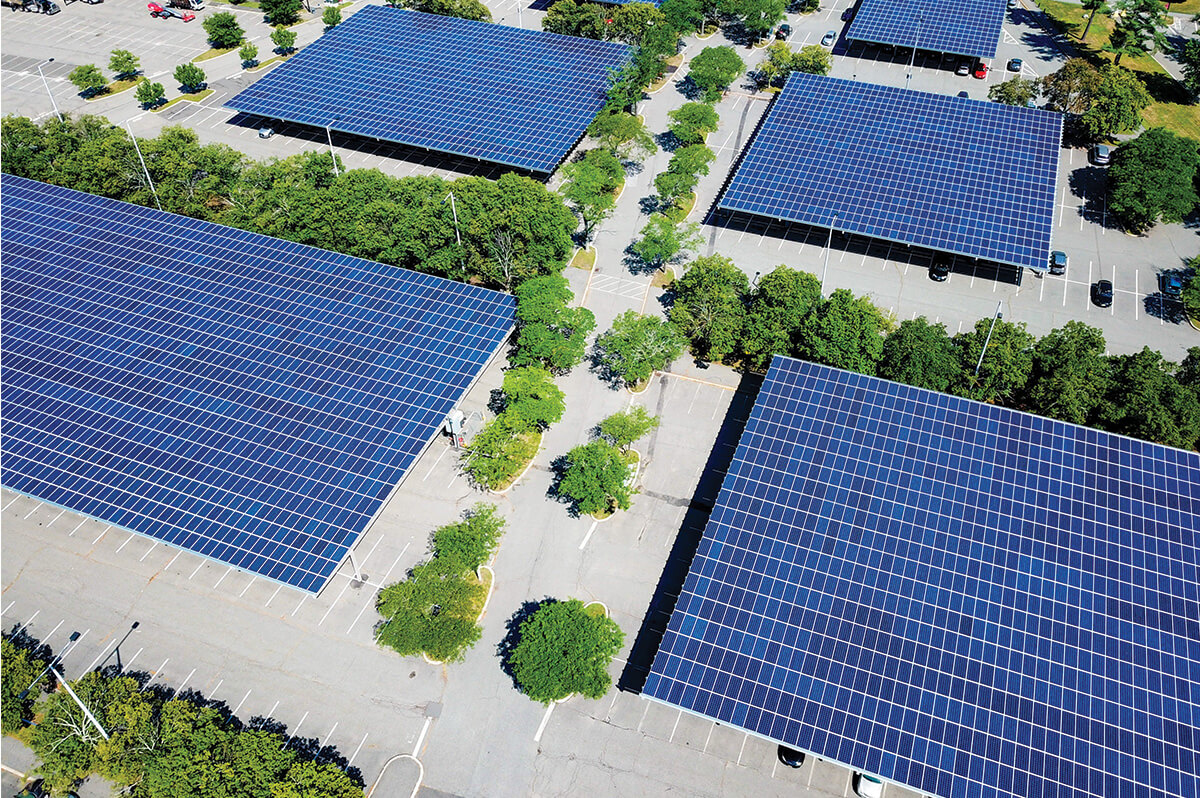
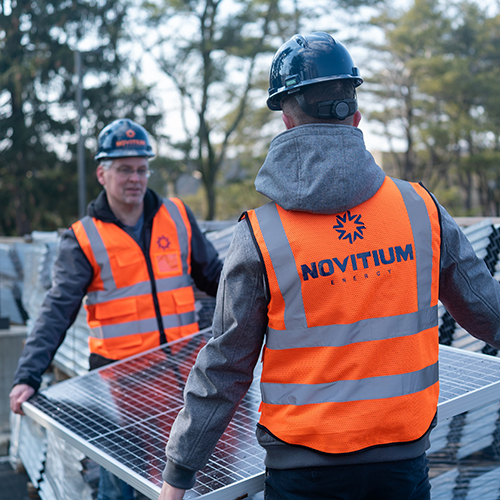
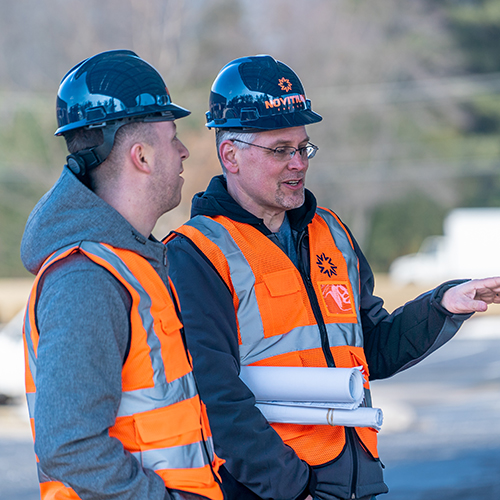
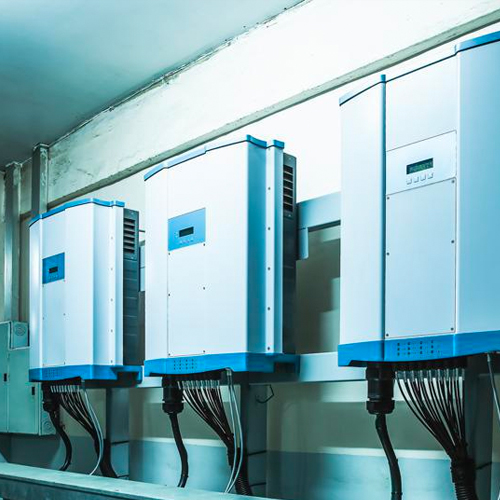
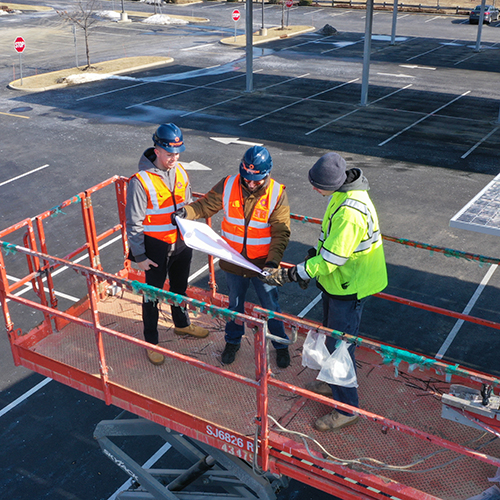
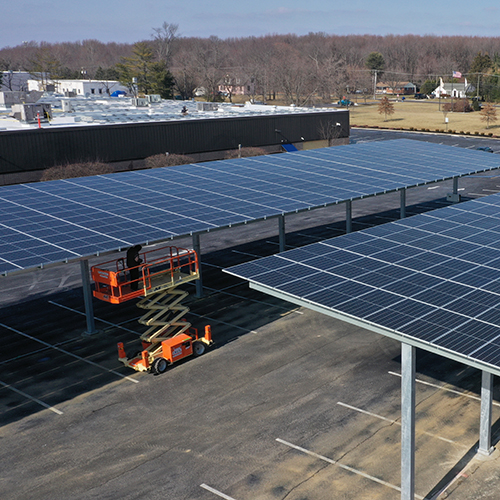

Welcome to WordPress. This is your first post. Edit or delete it, then start writing!
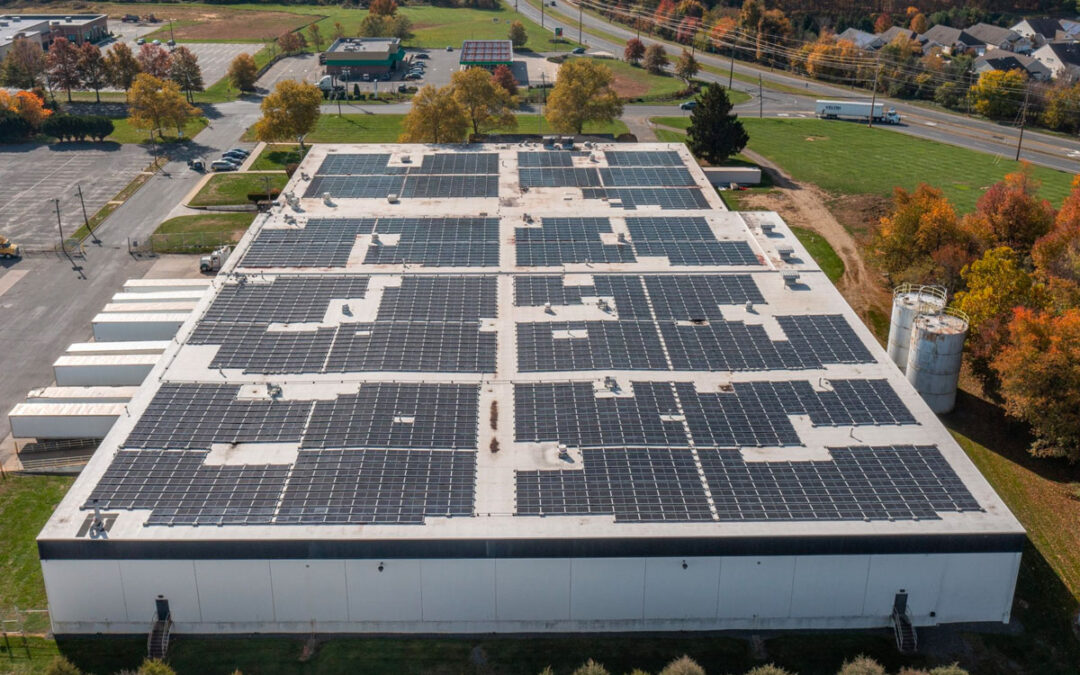
Welcome to WordPress. This is your first post. Edit or delete it, then start writing!
>856.273.5761
>info@novitiumenergy.com